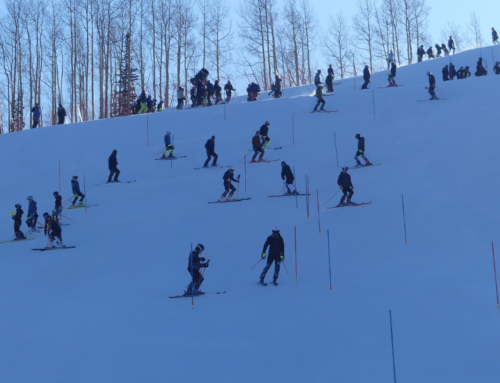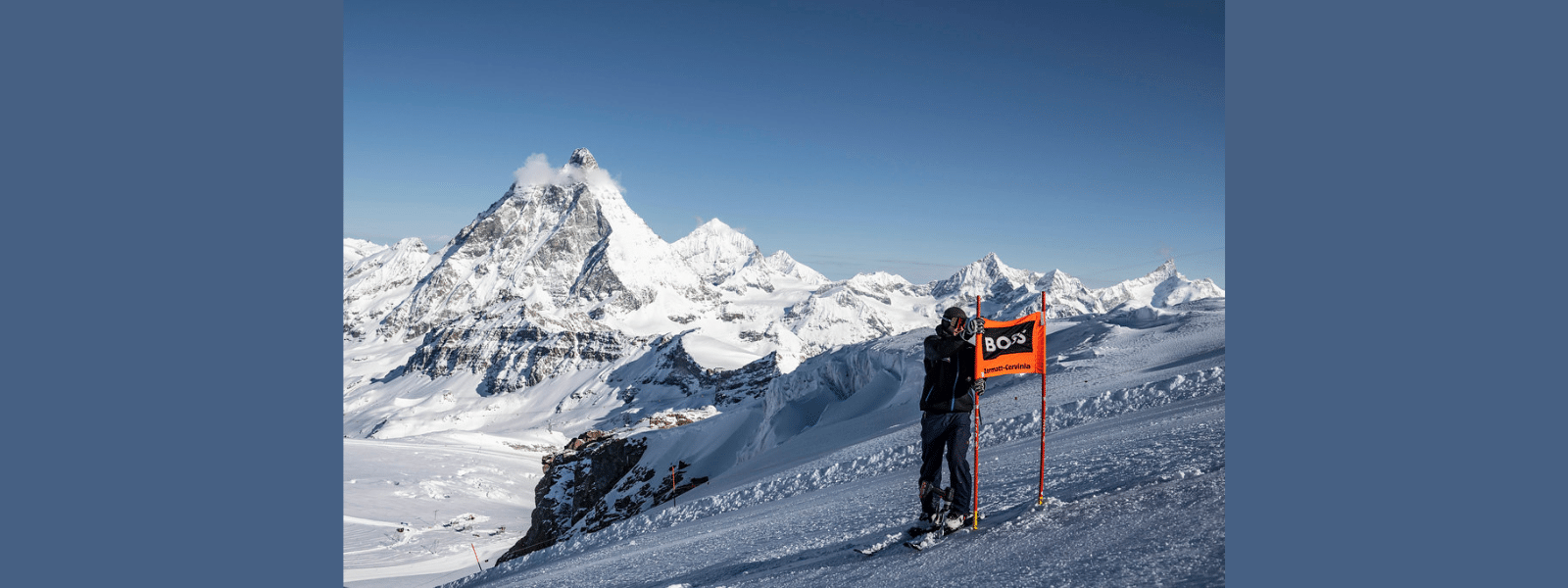Bode Miller won overall by the force of personality
Bode Miller won overall by the force of personality{mosimage}LENZERHEIDE, Switzerland (AP) _ Fans cover their eyes when Bode Miller comes down in that daring, unleashed way of his. Coaches grit their teeth at his Bode-knows-best attitude. The media braces itself for his contrary manner during interviews and the International Ski Federation sighs when he speaks of starting his own rival tour.
But there’s not much anyone can really say about Miller’s rebellious, independent ways after he won alpine skiing’s most valuable prize on Saturday: The World Cup overall title.
“I’ve gone from being a kid everyone made fun of, to a World Cup racer who could never finish, to the guy who could have won the overall but crumbled at the end of the season. Then this,” said Miller, after becoming the first American skier to win the overall since Phil Mahre and Tamara McKinney in 1983. “There’s been a lot of progression that I look back on with pride.”
Some feel Miller was lucky to get that title. Others say he should already have won it four times by now.
“The last four years I’ve had a chance to win an overall,” acknowledged Miller, who finished the season fourth in 2002, runnerup in 2003 and fourth again last year after self-destructing in the final stretch. “It’s been a bit embarrassing it’s taken so long.”
This season, he finally clinched the title but with just one race to spare with an insurmountable 204-point lead over Benjamin Raich, his nearest challenger. Only 100 points are up for grabs in Sunday’s slalom finale.
“Bode clearly showed us he’s one of the greatest U.S. skiers ever, one of the greatest skiers in the history of the sport,” said the U.S. Men’s head coach Phil McNichol. “His flare, his artistry down the mountain, his grace and full gas approach is exciting and captivating.
“It’s taken this long because he’s a nonconformist. “He’s someone who learns through doing, experimenting and executing, not learning through someone else.”
A self-reliant and independent soul, Miller bedevils and much as he bedazzles.
His inimitable, watery style and stunning recoveries have been described as pure genius by some of his peers. His stubborn refusal to compromise with coaches is sometimes labeled immature. With reporters, he can be charming, cheeky and playful one minute, withering the next.
His coaches are frustrated by his resistance to advice, his late-night habits as well as the constant string of pleas from team administrators, media and sponsors to somehow keep Miller under control.
“I don’t want to change the kid. But I’m in a bit of a quandary,” McNichol said. “I think he can be so much more than he is. I feel he could use some guidance even though he feels so supremely un-needy. He doesn’t feel he needs any input from anybody.
“He’s the equivalent of a genius but if he’s very sophisticated intellectually and very intelligent, a lot of his behavior is very immature. He’ll say he’s not immature, you just want him to do something and he doesn’t want to conform.”
It is difficult to say whether Miller’s refusal to adhere to traditional skiing techniques have led him this far, or in fact slowed his progress.
Early in his career, determined to squeeze speed out of every single possible opportunity, he often sacrificed success for experience. He earned a reputation as a mercurial performer with an all-or-nothing style preventing him from becoming a winner, crashing out as often as finishing.
But Miller has come a long way.
After switching ski brands this summer, Miller won six of the first 10 races this season. He won the night slalom in Sestriere on Dec. 13, earning victories in all four disciplines — slalom, giant slalom, super-G and downhill — in a record 16 days.
However, that was to be his last World Cup victory for almost three months, until he won Friday’s final super-G to clinch the title. This season, he also failed to finish seven of eight slaloms, previously one of his best disciplines.
From a 400-point lead over Raich in mid-December, Miller was down to just 52 coming into the finals. “Personally I think he should have two (overall
titles) already,” said Mahre, a three time overall champion from 1981-83. “If I was in his shoes and saw what transpired I’d change. It’s frustrating. How can you have a 400-point lead then disappear off the face of the earth? The guy has so much talent and just throws it away.”
But Miller was never taught to think — or act — like others.
Brought up by his parents Woody and Jo in an enchanting Hobbit-like cabin deep in the forests of New Hampshire, without running water or electricity, Miller now travels around the European circuit in an RV with childhood friend, cook and driver Jake Sereno.
Home-schooled until he was in third grade, from an early age Miller began “thinking” while other children were getting shaped and structured. No surprise he has always challenged authority.
“I stopped being more of a father and treated him more as an equal from a very early age,” said Woody Miller, who traveled to the finals with several other family members.
Miller began skiing at age three, competing at 11.
Even from an early age, he refused to simply rely on the tried and true. He experimented with both technique and equipment, stuffing powerbars into the heels of his boots to thrust him forward and help him find speed.
Even now, Miller likes to either improve on whatever he can.
Unhappy with what he feels is an overly crowded schedule, unfair conditions for younger skiers and insufficient leisure time on the World Cup circuit, Miller is talking about launching his own rival tour.
“He’s a kind of revolutionary against the whole society and that’s exactly what the kids like,” said FIS president Gian Franco Kasper. “He’s a gypsy in a caravan.
“I don’t agree with him like when he says we should have less races but more fun and entertainment, more parties, fewer races. But Bode is special and it’s good like this. He is a PR instrument for international skiing.”





















